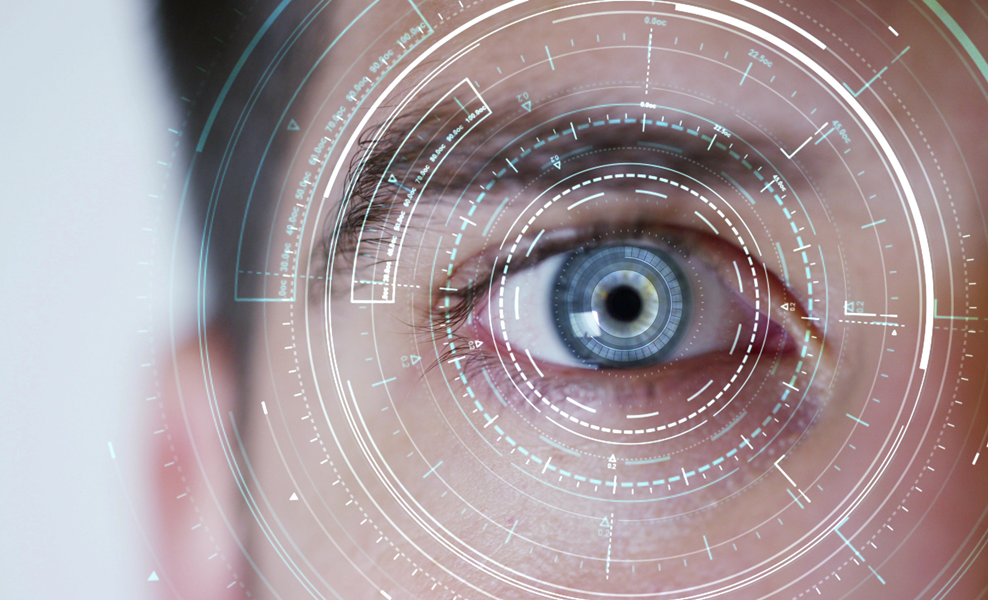As we mark R U OK? Day, a quintessential Australian initiative aimed at promoting mental wellbeing, it’s timely to delve deeper into the foundational virtues behind the initiative: empathy, compassion, and kindness. These are not just buzzwords, but essential qualities and crucial psychological tools that have the power to make a tangible difference in our lives and the communities we're a part of.
Research exploring the neuroscience of empathy, reveals that our brains are intricately wired to connect with others on an emotional level, adding significant weight to what many may dismiss as 'soft skills,' affirming that they are in fact essential to human interaction and mental health.
Empathy & Evolution
While many consider empathy to be a moral or social trait, ground-breaking research in neuroscience reveals it to be a fundamental part of our biological makeup. Research in the 1980’s and 1990’s uncovered cells in the brain called “mirror neurons” that activate both when we perform an action and when we observe that action in others. This neural mirroring is central to empathy and forms the basis for our ability to understand and share the emotional states of those around us.
Other research has shown that that empathy is related to the pain and pleasure centres in our brain, illuminating why we can feel genuine discomfort when someone else is suffering and why acts of kindness can produce a 'helper’s high.' The neurobiological underpinning of empathy transforms it from a soft skill into a biological imperative, with tangible implications for wellbeing and social cohesion.
Furthermore, empathy is not just a by-product of human development but is also a survival mechanism embedded in our evolutionary history. Research exploring the evolutionary basis for empathy, suggests that our prehistoric ancestors who were better at forming social bonds had a survival advantage. Being attuned to the emotional states of those within one's community could mean the difference between detecting a threat and falling prey to it.
This social connectivity, deeply rooted in our evolutionary past, isn't just beneficial for survival but is also imperative for our psychological and emotional wellbeing. Studies have found that social support networks can substantially mitigate the impacts of stress and contribute to better mental wellbeing outcomes.
So, what does all this scientific and evolutionary discourse mean for us, especially in the context of R U OK? Day? Simply put, the act of checking in on someone doesn't just fulfil a social nicety; it taps into our biological and evolutionary roots. It activates a cycle of emotional support that not only enhances the wellbeing of the individual being asked but also enriches the community as a whole. Just as our ancestors relied on social bonds for survival, we, too, depend on emotional connectivity for our mental wellbeing.
Thus, asking someone if they are OK is more than just a question; it's an activation of our most deeply rooted biological and social systems, designed to improve both individual and communal welfare.
Emotional Intelligence: The Interplay of Empathy and Well-Being
Building on the neurobiological and evolutionary frameworks, the concept of Emotional Intelligence (EQ) emerges as a critical focal point in understanding the holistic impact of empathy on wellbeing. Pioneered by researchers like Peter Salovey and John Mayer, and later popularized by journalist Daniel Goleman, EQ encompasses self-awareness, self-regulation, motivation, empathy, and social skills. Among these, empathy serves as a pivotal cornerstone, enabling not just the understanding of others but also of oneself.
While EQ is a topic of global importance, researchers have specifically examined how emotional intelligence directly correlates with mental wellbeing and job performance. Their findings suggest that higher levels of EQ lead to better mental wellbeing, stronger relationships, and improved work outcomes.
In the workplace, understanding one's emotional realm isn't just a personal asset but a communal one. Fostering emotional intelligence equips individuals to handle stress better, collaborate more effectively, and tackle challenges with a balanced mindset. But it isn't only in the workplace that EQ matters. The skills learned there also transfer into personal life, enhancing relationships and mental wellbeing across various social contexts.
In the context of R U OK? Day, these insights into emotional intelligence bring full circle the importance of empathy as a multidimensional tool for enriching life. When we check in on colleagues, friends, or family, we are not just practicing empathy; we are exercising emotional intelligence. We're helping to build a culture that recognises the human complexities within each of us, opening doors for better mental wellbeing, reduced stress, and stronger social bonds.
Boundaries and Inclusivity
While empathy and emotional intelligence are universally beneficial, their application is not one-size-fits-all. Our complex emotional landscapes are deeply influenced by age, gender, cultural backgrounds, and personal experiences. How we express and interpret emotions can be profoundly shaped by these factors, thereby affecting how we respond to initiatives like R U OK? Day. For instance, older males from a particular cultural background might interpret emotional openness differently than younger females from a different cultural background.
Acknowledging these variances is crucial to the practice of empathy and emotional intelligence, especially in diverse workplaces and communities. It's essential to respect the boundaries that individuals may have, understanding that openness is influenced by a myriad of factors, some deeply personal and some societal. Initiatives like R U OK? Day serve as timely reminders for such acknowledgment. By advocating for a nuanced approach to emotional wellbeing, they underscore the importance of creating safe, inclusive environments for all.
As we check in on others, we should bear in mind the intricate web of factors that shape each individual's emotional world. In doing so, we're not merely adhering to a social obligation or a corporate mandate; we're contributing to a more empathetic and inclusive society, replete with the diversity that enriches it.
Taking Action: Small Steps for Big Impact
Understanding the importance of empathy, emotional intelligence and inclusivity, and confidentiality sets the stage for the practical steps we can all take to improve both our own wellbeing and that of those around us. Whether it's a brief conversation, a listening ear, or even just a smile, these small positive interactions are building blocks for resilience and mental wellbeing.
In the context of R U OK? Day, it becomes evident that the campaign is not just about a single day but is a call for sustained, everyday actions. The power of this initiative is in its cumulative effect. Each question asked, each conversation had, contributes to a broader culture of emotional wellbeing. The beauty lies in its simplicity; you don’t need to be an expert to reach out and make a difference to someone else. Small actions count and your efforts to check in on those around you matter.
And they matter not just on R U OK? Day but every day.
Turning Empathy into Everyday Practice
So as we move forward, let’s remember that R U OK? Day isn't intended as an isolated annual event but a starting point. A prompt that encourages us to integrate empathy and emotional intelligence into our daily lives, respecting the privacy and individuality of those around us while also taking simple, effective actions to uplift ourselves and others.
Through the lens of empathy, we not only see the struggles and triumphs of those around us, but we also gain a clearer view of our own emotional landscapes. That's the power and promise of empathy—an ability that makes us uniquely human and collectively stronger.
Share this
You May Also Like
These Related Stories

Speaking Up & Helping Others Feel Safe

The Power of Gratitude




